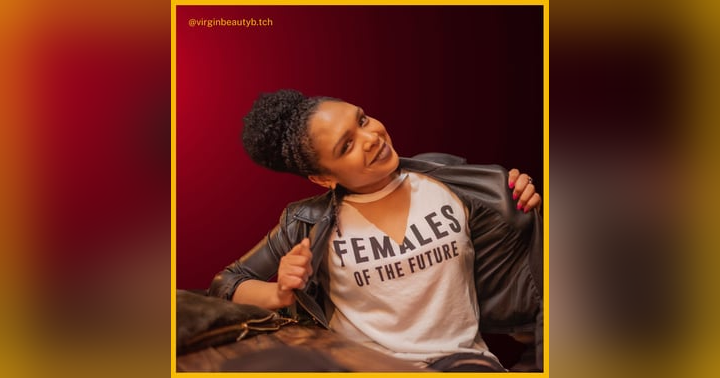It’s A World Gone Crazy Keeps Women In Chains!

Much of people's personal history, maybe even yours, can be mapped out in music. As an only child, I remember music because songs kept me company. Working in music stores — when music stores were a thing — took up most of my teenage years, working in radio — when radio was a thing — made up my early career, and working with artists at a major record label — when major record labels were a relevant thing — was my dream job as an adult. These experiences exposed me to all music genres, but certain songs stick with me like still frame images, and some capture my beliefs and values that I treasure still.
As co-founder and co-host of VBB Podcast dedicated to creating a platform where women can be heard, seen, and remembered for who they are as women, International Women's Day is a poignant and timely event, but what does music have to do with this day of acknowledgment and celebration? There have been many iconic protest and social commentary songs that either subtly or brazenly speak out about gender inequalities, but for me, one song, in particular, represents a theme that speaks to the challenge of all women living within the confines of a patriarch. For me, it's a song written by Roland Orzabal for his band Tears For Fears in 1989. The single featured Phil Collins on drums and guest vocalist Oleta Adams' stunning voice. The song is appropriately titled "Woman in Chains."
If you've not heard the song, here's a sample of the lyrical flow.
You better love loving, and you better behave
(She) Calls her man the great white hope
Says she's fine; she'll always cope
Trades her soul as skin and bones
Sells the only thing she owns
Deep in your heart, there are wounds time can't heal
And I feel
Somebody somewhere is trying to breathe
It's under my skin but out of my hands
I'll tear it apart, but I won't understand
I will not accept the greatness of man
It's a world gone crazy
Keeps a woman in chains
So free her
Roland Orzabal explained that conceptually, "Woman in Chains" was inspired after reading feminist literature about societies that still exist as matricentric. With women at the center of power, these societies are typically less stressed and less violent. Unfortunately, that wasn't Roland's reality at home. Candidly, he shared that he wrote the song about his mother, who was once a stripper. She and her husband ran an entertainment agency, but when she went out to work, he would have spies monitoring her interactions with male clients. Because of Dad's jealousy, Mom's nights often ended in violent beatings with little Roland as a witness. So, "Woman in Chains" is about gender-based violence, which, unfortunately, is a reality for 1 in 3 (33%) of females who are subjected to physical and/or sexual violence at some point in their lifetime.
International Women's Day raises awareness to remind us of the myriad of challenges women face daily. These include, but are not limited to, sexual harassment, domestic violence, restrictions to education, inadequate healthcare, economic inequality, forced child marriage, human trafficking, and gender discrimination — all conditions that work at keeping women in chains.
In support of International Women's Day and its global theme: "For ALL Women and Girls: Rights. Equality. Empowerment, we shout out or sing to acknowledge the last words in Roland's "Women in Chains" and his powerful message for his mother and for women everywhere — So Free Her!
ck






